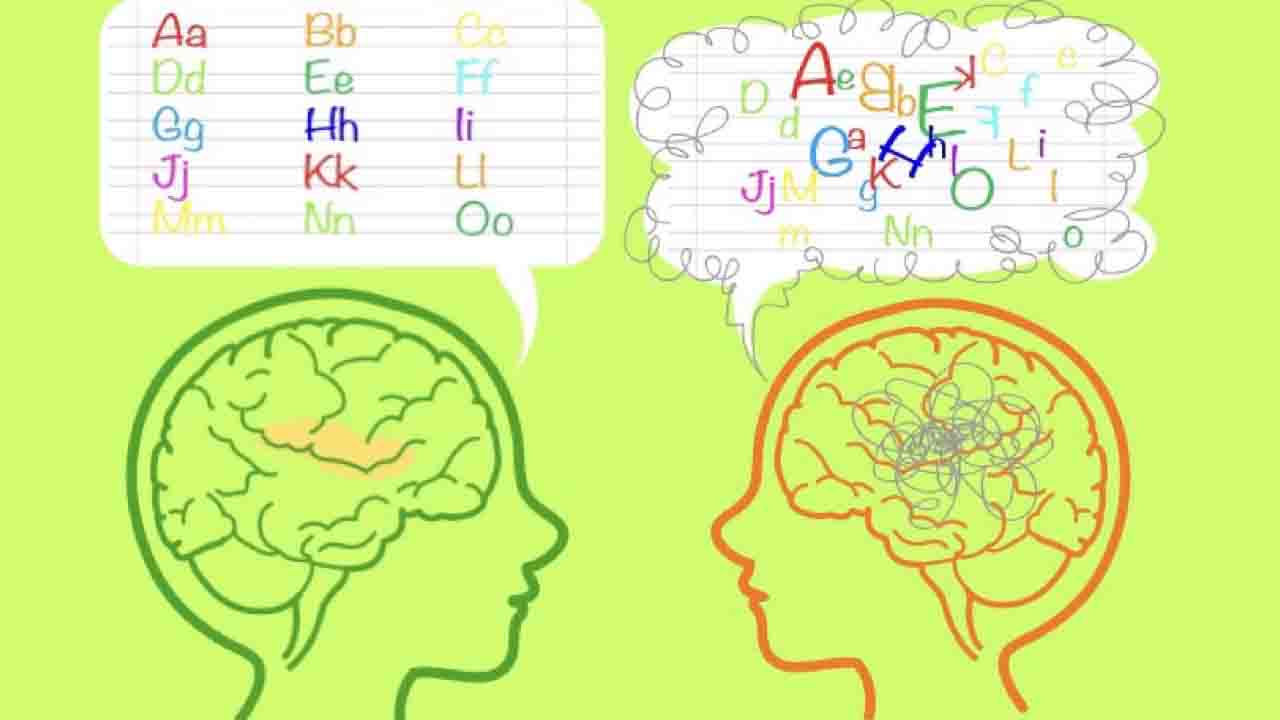Dyslexia is a learning difficulty that affects around 10% of the population. It can impact a person’s ability to read, write and spell. Even though dyslexia are a common condition, the education system is failing dyslexic students.
Dyslexia is often misunderstood by teachers and can be misdiagnosed or not diagnosed at all. This means that students with dyslexia can struggle in school and fall behind their peers. The lack of understanding and support for dyslexic students can have a significant impact on their academic success, self-esteem, and mental health.
One of the main problems is that the education system is geared towards a specific learning style that may not be suitable for dyslexic students. Traditional teaching methods rely heavily on reading and writing, which can be difficult for dyslexic students. This means that dyslexic students may struggle to keep up with their peers, feel frustrated and disengaged from learning.








